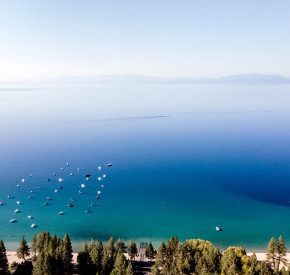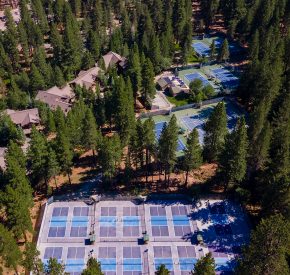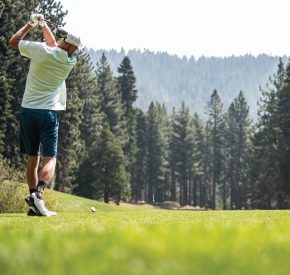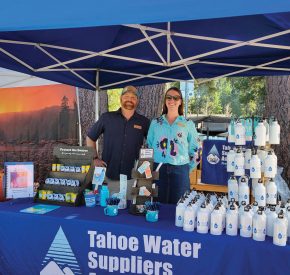
Water Conservation
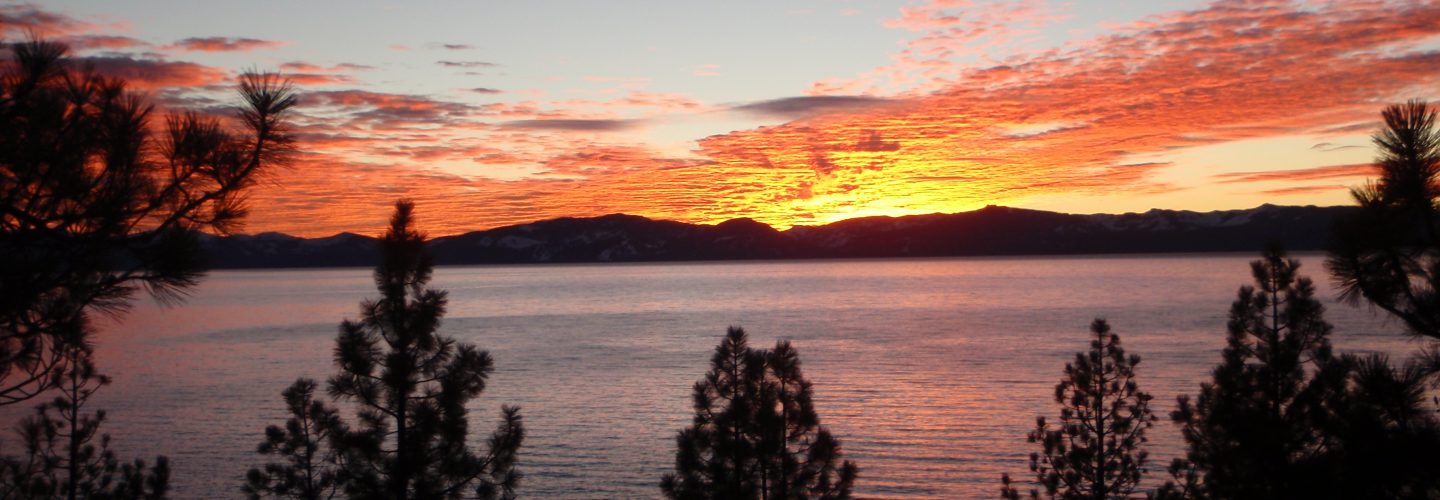
Water conservation is critical in times of drought, but also needed in times of plenty because water is a precious limited resource. By implementing water conservation practices our customers save money, protect drinking water, and of course, prevent water waste! Increase water demand may cause utilities to exceed their current water allotment. Ultimately, our customers will have the financial burden of acquiring additional water rights.
Water conservation is easy to do and may only require a small change in some of your daily habits. You can save money, energy, the environment, and of course water!
The following webpages will give you additional information on conserving water at your home:
- h2ouse.org
- wateruseitwisely.com/100-ways-to-conserve/
- saveourwater.com
- Drip Calculator: How much water does a leaking faucet waste? – water.usgs.gov
IVGID Public Works Water Efficient Appliance Rebate Program
Replace your toilet or washing machine and you could receive up to $100! IVGID Public Works is offering water efficiency rebates to Incline Village and Crystal Bay customers for the installation of a high-efficiency toilet or washing machine. Appliances must meet EPA WaterSense and/or Energy Star certification and use the approved amount of water per device. Rebate amount maximum of $100, with a limit of one rebate per parcel, annually. The number of rebates issued in the community is limited to 100 per fiscal year. View details below:
- Water Efficient Appliance Rebate Program Details (PDF)
- Water Efficient Appliance Rebate Application (PDF)
- List of Applicable High-Efficiency Toilets (Excel)
- List of Applicable High-Efficiency Clothes Washers (Excel)
Indoor Conservation Tips
Water conservation is important and small actions can make a big difference. Implement the below tips to conserve water indoors.
Turn off water to the house when leaving for more than a few days. Plumbing failures can occur at any time, so a lot of water can be wasted if this happens while you are away from your home.
Bathroom
- Flush toilets only when necessary, and never use a toilet as a wastebasket.
- Spend five minutes or less in the shower. Showers use less water than baths.
- Fix all leaky toilets, faucets and pipes. Check for a leaky toilet by putting a few drops of food coloring in the tank. If the color appears in the bowl after 30 minutes, the toilet is leaking. Check the water supply lines under your sink for damp spots or bulges in the hose, which may indicate a leak.
- Install a low-flow showerhead.
- Replace an old toilet with a high-efficiency toilet, which can pay for itself over time in water savings.
- Insulate your water heater and water pipes. Doing so will save energy and also will cut down on the amount of water that goes down the drain while waiting for hot water to flow.
- Catch water in a bucket or watering can while waiting for hot or cold water to run. Use the water on plants.
- Turn off the water while shaving, brushing your teeth and lathering in the shower.
- Shave with a small amount of water in the sink instead of running water.
- Replace or install a low-flow aerator on your bathroom faucet.
Kitchen and Laundry
- Do not let water run while hand-washing dishes.
- Wash vegetables and fruits in a bowl or basin using a vegetable brush instead of letting water run. Use the extra water on plants.
- Soak dishes that need to be pre-rinsed instead of running them under water.
- Scrape dishes instead of rinsing them off before putting them in the dishwasher.
- Chill drinking water in the refrigerator instead of running the faucet until the water is cold.
- Defrost food in the refrigerator, not in a pan of water on the counter or in the sink.
- Run garbage disposals only when necessary. Compost food waste instead.
- Replace or install a low-flow aerator on your kitchen faucet.
- Wash only full loads in the washing machine and dishwasher. Try to wash two fewer loads per week.
Outdoor Conservation Tips
Almost 70% of the annual water use for Incline Village and Crystal Bay is irrigation. Homeowners can save water and save money by making sure their irrigation system is properly maintained. Basic tips for outdoor water conservation:
- Never water during the middle of the day
- Become re-acquainted with your broom, never hose off driveways and sidewalks
- Install an irrigation timer
- Replace and repair spray heads
- Water in short spurts rather than one long session
Irrigation System
- After you turn on the system, run the entire sprinkler system, one zone at a time. Check for signs of leakage, especially for damage to sprinkler heads, backflow devices, valves or piping. You may need to clean clogged nozzles and sprinkler heads.
- Replace the controller batteries each spring and check that the controller is working. Program your irrigation timing to be heavier in late spring/early summer to encourage new growth, then reduce irrigation as plants mature.
- Adjust your sprinkler heads so they water your landscape, not sidewalks or pavement. Also make sure their spray isn’t blocked by plants or other materials. You may want to consider replacing old sprinkler heads with new MP Rotator style heads, which are designed for much greater efficiency.
- Set it, but don’t forget it. Automatic sprinkler systems aren’t completely automatic. They don’t adjust themselves when it gets hotter or when it rains. Most controllers have a feature that makes adjusting your schedule a very easy process. Also, remember to regularly check for broken or misguided sprinklers.
- The Tahoe Regional Planning Agency (TRPA) recommends the use of phosphorus-free fertilizer in order to protect our beautiful water source, Lake Tahoe. Tahoe soils have an adequate source of phosphorus. Look for a fertilizer in which the middle number, phosphorus, is 0 (i.e. 10-0-10).
Irrigation Use Audits
Waste Not is available to perform a free irrigation audit which can help identify ways that a customer can cut back on outdoor water use. During an irrigation audit our water conservation expert will perform a visual inspection of every irrigation zone while in operation. The auditor will note any problems they encounter that adversely impact the efficiency of the irrigation system including: equipment, maintenance or scheduling issues. The length of the audit will depend on the number of irrigation zones on the property. To request a free residential irrigation audit please call 775-832-1284 or fill out our Contact Form (choose “Waste Not”).
Customers who receive an irrigation audit will receive a report containing the following:
- A history of water consumption at the property.
- Map showing irrigated area and efficiency rating.
- Potential savings estimates.
- Description and location of irrigation system issues encountered.
- Scheduling recommendations.
